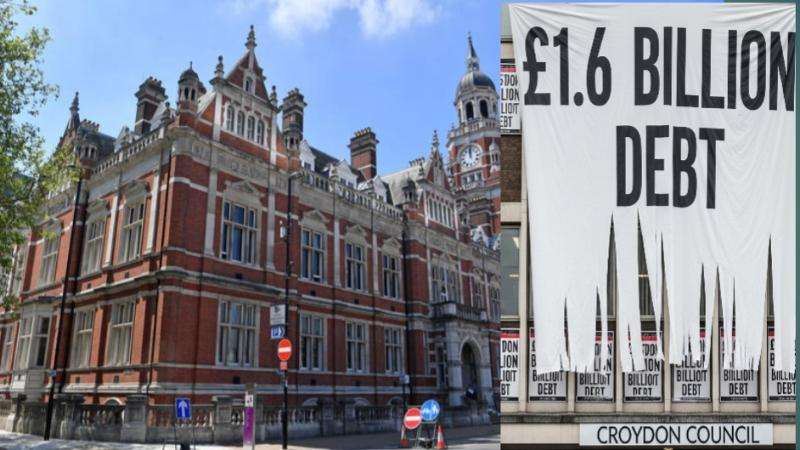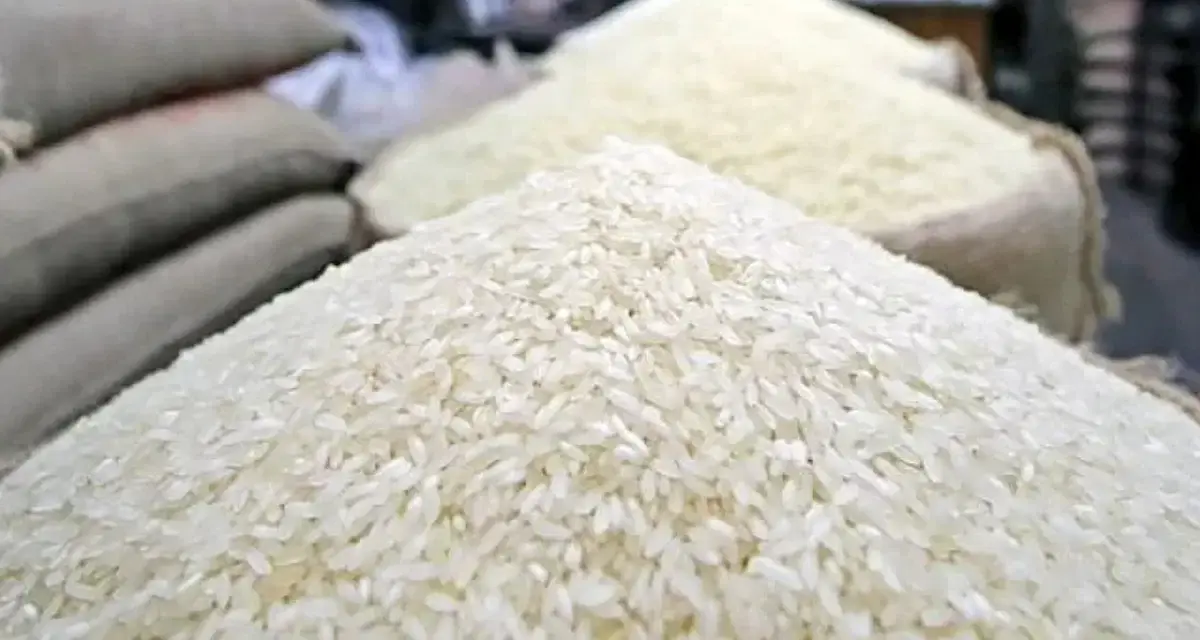The government has signed contracts with India, Myanmar and Pakistan to import 4.00 lakh tonne of rice by February, 2025 on government –to-government basis to stabilize the rice market in Bangladesh, sources said
Sources said India will export 2.5 lakh tonnes of rice, Myanmar will export 1 .00 lakh tonnes of rice and Pakistan will export 50,000 tonnes of rice to Bangladesh by February, 2025.
Besides, the government has given up permission to the private sector to import 1.25 lakh tonnes of rice in the meantime.
Sources said that the price of boiled rice in the international market dropped by some 20 per cent on a year-on year basis, according to the data of the National Board of Revenue ..
The prices of one tonne of rice are hovering between 520 and 529 US dollars in the international market.
Three successive deluges in the 6/7 months have caused a production loss of 8-10 lakh tonnes of rice in the local market, sources in the Department of Agriculture Extension, Department of Food Directorate, Trading Corporation and Bangladesh Agricultural Corporation (BADC) said.
However, devaluation of taka against US dollar and non-availability of the greenback, comparatively high price of rice in the international market comparatively lower price in the local market, the tendency of containing Aman rice in the household, rise in inputs of cultivation and slightly cut in subsidies under the pressure of the international donor agencies keep rice price high in the local market, sources said.
Meanwhile, The hardship of low-income family cardholders is set to worsen as the Trading Corporation of Bangladesh (TCB) has excluded rice from its list of subsidised food items for January due to a supply shortage from the food ministry amid soaring prices.
Additionally, at least 37 lakh cardholders, out of the total 1 crore beneficiary families, will not receive products from the state-run trading enterprise this month due to the introduction of smart family cards replacing handwritten ones, according to officials.
In a press release on Tuesday, TCB announced that edible oil, pulses, and sugar will be available at affordable prices for family cardholders this month.
"A cardholder will receive two litres of edible oil, two kilograms of lentils, and one kilogram of sugar," the release stated, adding that the commerce adviser will inaugurate the January sales today at Begunbari in the capital.
To cushion inflation-pressed low-income families, 5kg of rice has been provided to each TCB family cardholder at Tk30 per kilogram since July 2023, sourced from the Directorate General of Food.
Regarding the rice shortage in January, TCB information officer Humayun Kabir told The Business Standard, "Rice was supplied until December, but it was unavailable in January. TCB is in communication with the food directorate and will resume distribution if rice becomes available."
A source revealed that the food directorate supplies 50,000 tonnes of rice to TCB every month. However, no budget allocation exists within the food directorate for supplying rice to TCB.
"There is also no allocation in the commerce ministry's budget for this purpose," the source told TBS on condition of anonymity. "As a result, the food directorate has no funding to cover the costs of purchasing, managing, and transporting the rice."
The source further explained, "There is no book adjustment system in place. Consequently, the food directorate has suspended rice supply to TCB until it receives clarity on how it will recover the costs for the rice already supplied."
Meanwhile, to address rising demand, the food ministry has requested an additional allocation of Tk1,534 crore from the finance ministry for open market sales and Tk3,372 crore for rice imports. However, the finance ministry has yet to make a decision.
According to TCB data, the price of coarse rice, such as Swarna and China, has risen by Tk3-4 per kilogram in the past week, currently selling at Tk54-58 in various markets across the capital.
On 31 December and even on 7 December, this variety of rice was priced at Tk50-55 per kilogram.
To support low-income families and ease market demand, TCB distributes several essential products at subsidised rates each month through one crore family cards nationwide.
These regularly include edible oil, pulses, and sugar, along with rice and onions. Chickpeas and dates are also added to the list during Ramadan.
The previously handwritten TCB family cards are being replaced with smart digital cards under a government initiative.
According to the TCB information officer, as of 7 January, 57 lakh beneficiaries have received smart cards, while another six lakh cards are being processed and are expected to be delivered this month.
"If the remaining six lakh cards are distributed as planned, up to 63 lakh beneficiaries will be able to purchase products from TCB, leaving the rest unable to do so," he added.
Meanwhile, verification of NID and other information for 13 lakh cardholders is ongoing, and cards will be issued to eligible individuals upon completion of the verification process.
The government policies and programs to increase domestic production, privatization of the seed sector, and investment in agricultural infrastructure are the major drivers of the growth of the market studied.
Meanwhile, in response to the stagnant import activity, the Ministry of Food is set to request a further reduction of the import tariff to 5%. Officials plan to quickly submit a proposal letter to the National Board of Revenue (NBR) aimed at making tariffs more manageable and facilitating private imports.
The food ministry had initially proposed reducing the total tax burden on rice imports from 62.5% to 5%. On 20 October, the NBR granted a total reduction of 35% at various levels, leaving the current tariff at 27.5%. The NBR estimated this reduction would decrease the import cost of rice by Tk14.50 per kg.
However, both rice importers and the food ministry have assessed that importing rice from India would still cost at least Tk65.92 per kg, while imports from Thailand would be Tk75.64 per kg. Factoring in transportation and other costs would push prices above local market rates, leading to the lack of interest from traders even after the tariff reductions.
An official at the food ministry told TBS, "A letter is being prepared to reduce the tariff to 5%, and it will be sent to the NBR soon." This official added that without a tariff reduction, rice imports will not take place due to high global market prices.
On 20 October, the NBR announced a reduction in the total tax burden on rice imports, lowering import duty from 25% to 15%, reducing the regulatory duty from 25% to 5%, and eliminating the 5% advance tax.
Kauser Alam Khan, vice president of the Bangladesh Rice Merchant Association, said, "The price of good quality rice at the mill gate is currently Tk60. If the price is even higher when imported from abroad, no one will bring it in.
"Moreover, the Aman harvest will begin in a few days, which will naturally lower prices."
He added, "Due to these complications, no one has shown interest in importing rice. The government is not only trying to facilitate private imports but has also initiated the process for government imports."
The food ministry has received permission to import 5 lakh tonnes of rice for the current fiscal year, initially attempting to secure this through a tender process. If this approach fails, the government will resort to a government-to-government import strategy.
Simultaneously, the process for importing 7 lakh tonnes of wheat has also commenced.
According to the Trading Corporation of Bangladesh (TCB), the price of fine rice has gone up to Tk80, compared to Tk72 at the same time last year.
Medium-quality fine rice is now 9.35% more expensive than last year, with a maximum price of Tk62. In Dhaka markets, it has increased from Tk58-65 to Tk65-70 for consumers.
Additionally, the maximum price for coarse rice is Tk55, which is a 7% increase from last year, according to TCB data








.svg)
